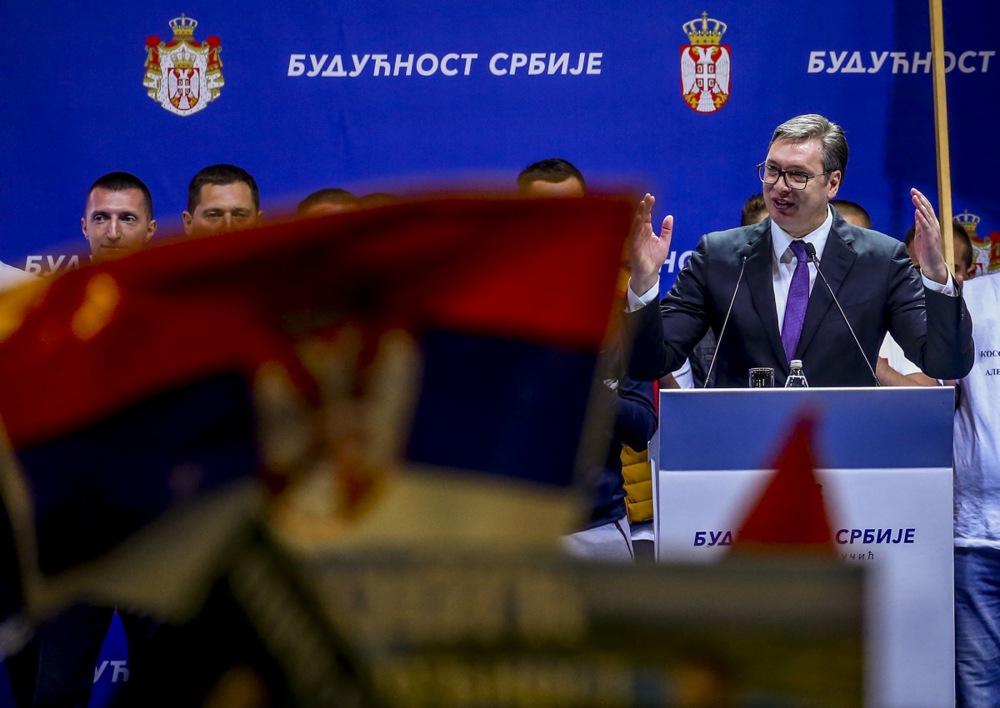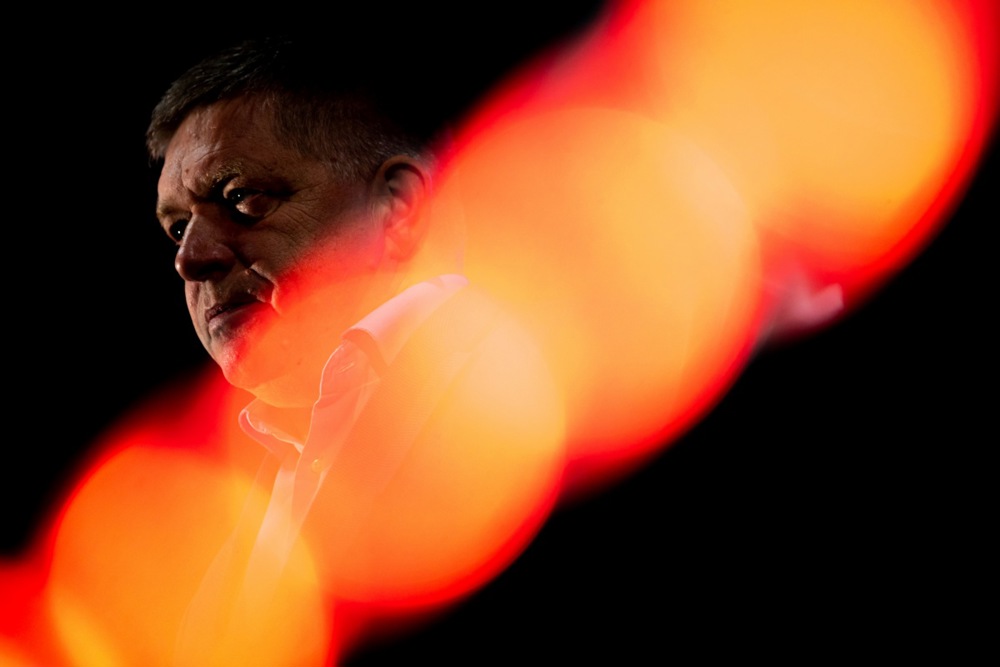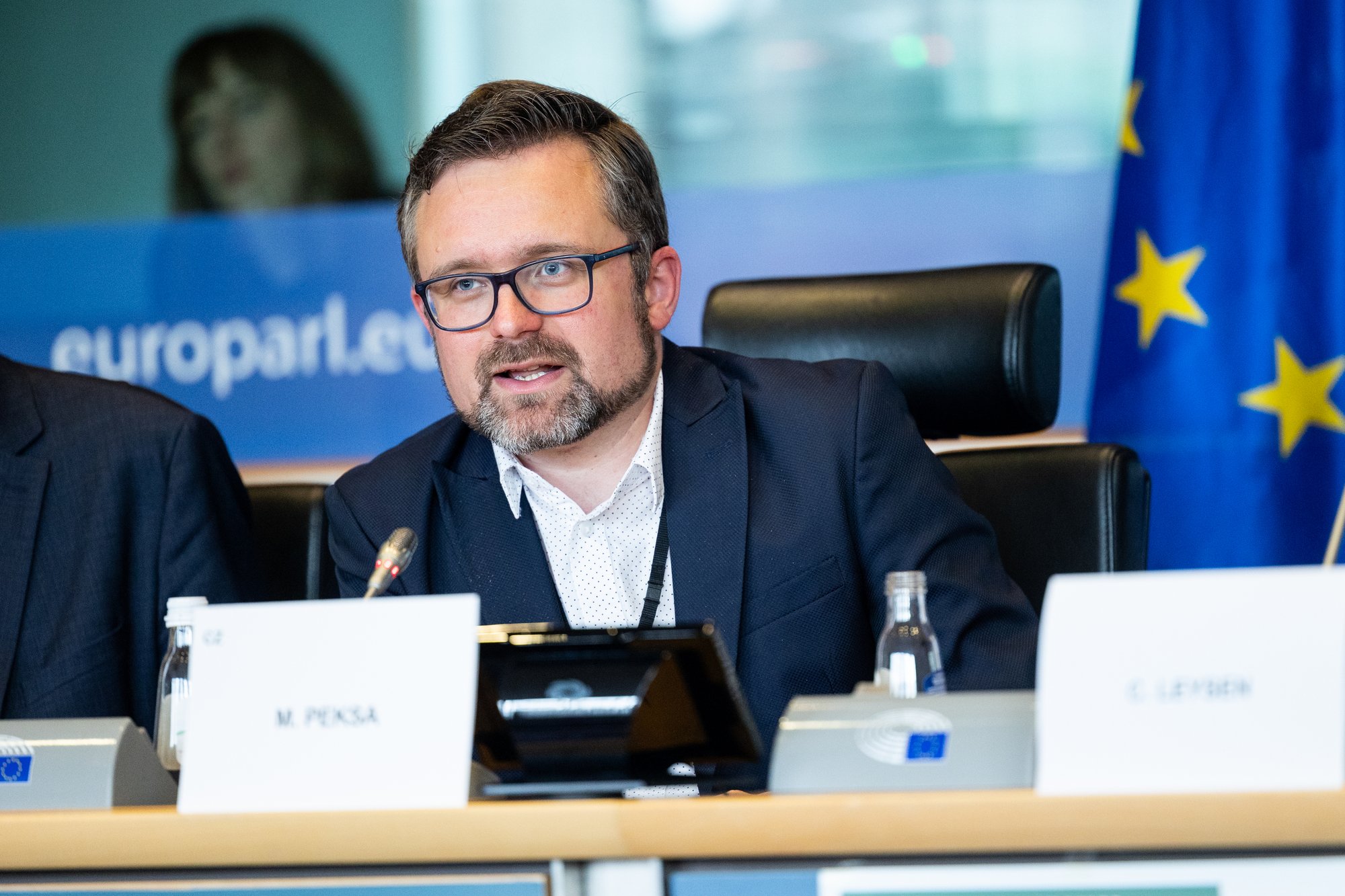Aleksandar Vučić has swept to victory in Serbia’s snap elections amid vote-rigging accusations from the opposition.
Taking almost 47 per cent of the vote in the run-off on December 17, his Progressive Serbia Party (SNS) is set to hold a full majority of around 130 seats in the country’s 250 seat Parliament, with Vučić retaining his position as President.
The results seem something of a U-turn in Serbian politics. Earlier this year he found himself under mounting pressure following months of street protests sparked by two mass shootings in May.
Speaking of the election win, a triumphant Vučić sounded declared it a landslide in his favour.
“This is an absolute victory which makes me extremely happy”, he said.
The Serbian opposition is crying foul.
Miroslav Aleksić, one of the leaders of the Serbia Against Violence coalition, claimed there had been “a serious attempt to steal elections”.
His protestations have been echoed by other opposition figures and election monitors who said huge numbers of voters were bussed into Belgrade. Other reports alleged many were paid and pressured to back the ruling party.
The Serbian Election Commission said monitors in Northern Serbia were attacked in their cars with baseball bats.
Speaking to Brussels Signal, Dušan Dostanić, a Belgrade-based political researcher, said: “These manipulations are well documented.
“First of all, there was a problem with the media coverage, and second there is evidence that there was a lot of corruption. People who work in a public administration were under pressure from the ruling party,” he claimed.
Vučić’s party alone received some 75 per cent of all prime-time media coverage in the run-up elections.
President Aleksandar Vučić’s governing Serbian Progressive Party is expected to cling narrowly to power in this weekend’s elections. https://t.co/UrCyTptBTg
— Brussels Signal (@brusselssignal) December 15, 2023
Elections had initially been demanded by activists only for the local government of the city of Belgrade, where the opposition was expected to win.
Vučić responded by calling nationwide elections. At the time, political analyst Cvijetin Milivojevic told news outlet Balkan Insight that move allowed Vučić to “broaden the electoral battlefield”.
Many European media outlets such as The Guardian and Euractiv described Vučić and his SNS party as “populist” with others dubbing him the “Serbian Orbán ” after Hungarian leader Viktor Orbán.
Dostanić took issue with the descriptions, saying: “Vučić is no populist in the European sense of the word.
“He is not a Conservative, nor a patriot. He has no firm ideological position and is an opportunist.
“Of course, in a Conservative country he has to use the rhetoric of the Right or populism but the results of his politics are opposite,” he added.
He cited what he said was Vučić’s failure to deliver a family policy similar to Hungary’s, his “liberal” cultural politics and his praise of former German chancellor Angela Merkel’s immigration policies.
While Vučić will now continue to run Serbia in the “same manner” with his “undisputed majority”, Dostanić concluded: “The country is deeply divided.”
With the opposition resolved to contest the ballot, such divisions over Vučić’s victory and position look set to continue.





